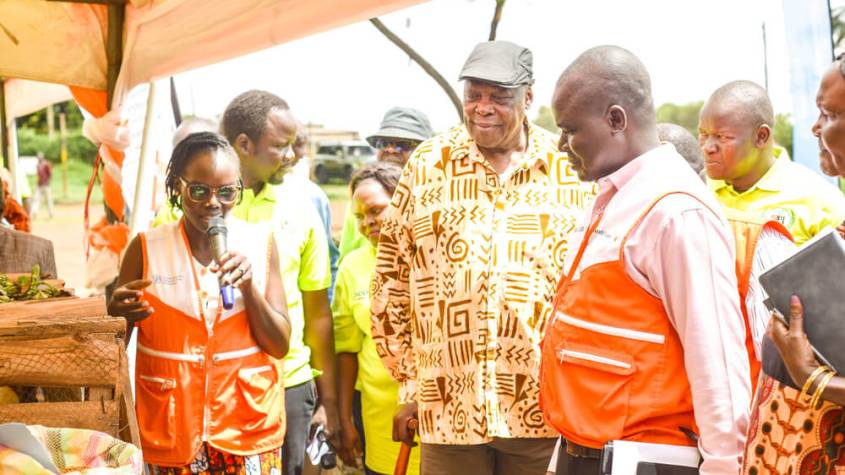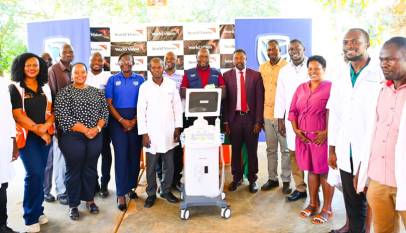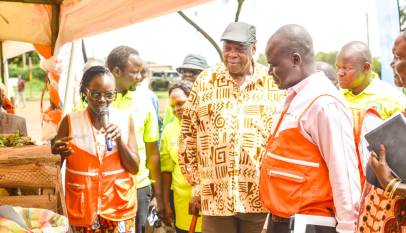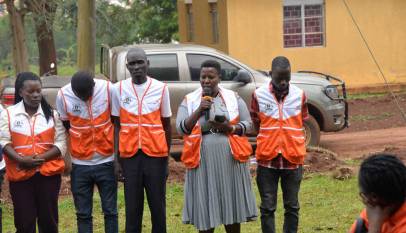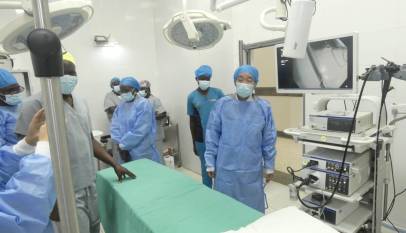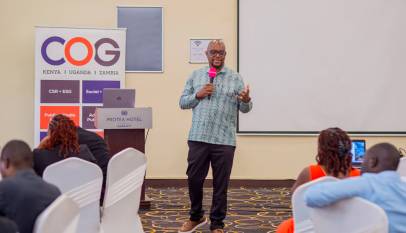Karamoja’s Malnutrition Crisis Deepens: Urgent Government Action Demanded as Cases Spike
New data revealing a 25.7% surge in malnutrition cases across Uganda’s drought-stricken Karamoja region has spurred World Vision Uganda and key development partners to issue a renewed, urgent call for government intervention. The jump, from 89,000 cases in 2023 to 112,270 in 2024, underscores a deepening crisis demanding immediate prioritisation of food and nutrition security.
The stark figures were presented during a critical parliamentary engagement on nutrition. Representing the Prime Minister, Hon. Peter Lokeris, Minister for Karamoja, acknowledged the gravity of the situation. He emphasised the government’s commitment to “nutrition empowerment,” urging collective efforts to equip communities with knowledge on growing, selecting, and preparing nutritious foods.
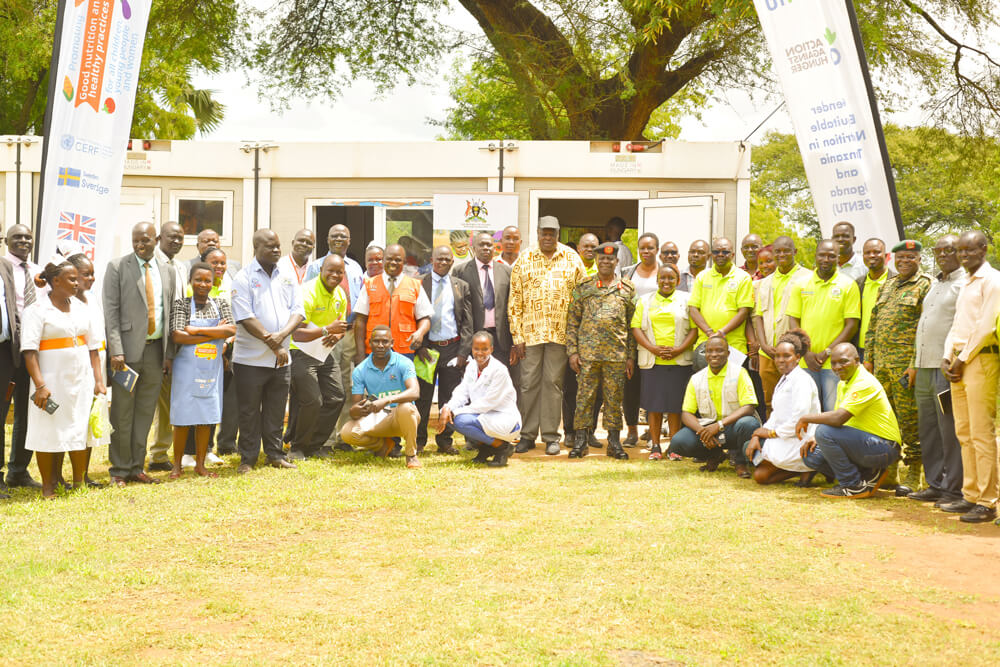
“Promoting breastfeeding, maternal health, and supporting agroecology and local food systems that respect cultural values while preserving our environment are vital,” Minister Lokeris stated. He highlighted ongoing investments in food systems, nutrition-sensitive budgeting, and community interventions, but stressed the critical need to “fast-track the Food and Nutrition Bill” to legally enshrine every Ugandan’s right to adequate nutrition.
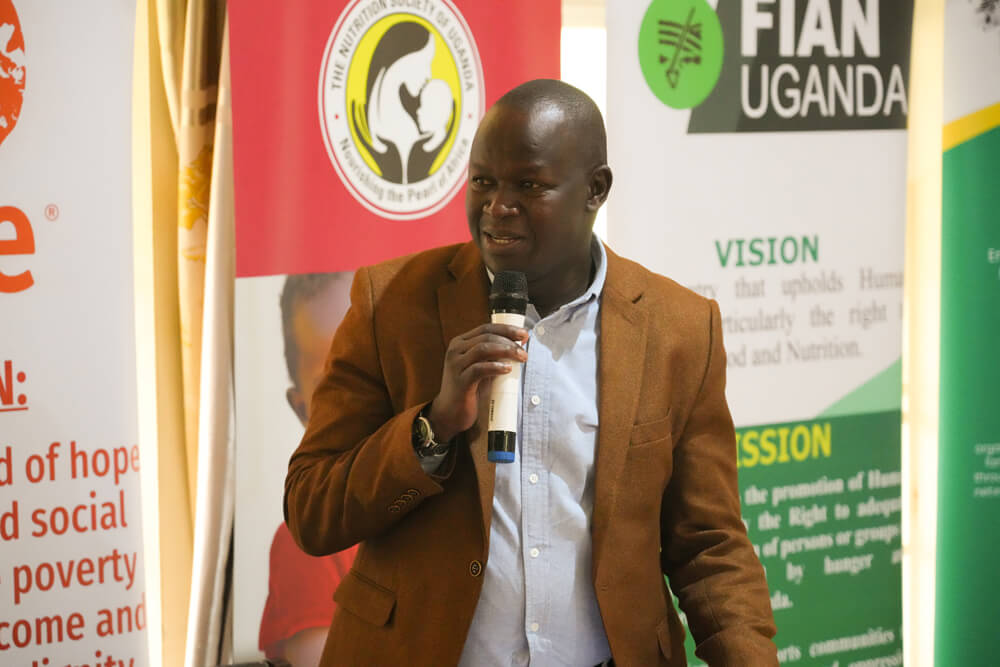
The call for localized leadership was echoed forcefully by Hon. Milton Muwuma, Chairperson of the Uganda Parliamentary Alliance on Food and Nutrition Security. “We must institutionalize nutrition leadership,” Muwuma declared. “Every district, especially those in Karamoja, requires a fully funded District Nutrition Officer to spearhead multisectoral coordination. This is non-negotiable.”
Edward Khaukha, World Vision Uganda’s Regional Programmes Manager for Northern and Karamoja, reaffirmed the organisation’s commitment under the theme “Empowering Better Nutrition for the People.” He pointed to past successful collaborations in responding to hunger across Karamoja, but emphasised that tackling the root causes demands sustained, collective action. “The rising malnutrition figures are a stark reminder that more must be done, urgently,” Khaukha asserted.
The crisis extends beyond Karamoja, though the region remains acutely vulnerable. Nationally, 26% of Ugandan children under five suffer from stunted growth, with 2.9% experiencing wasting – clear indicators of chronic undernutrition.Concrete Steps Urged:
Partners pinpointed specific, actionable measures requiring government focus:
1. School Feeding Framework: Accelerating the development and implementation of a national school feeding policy and guidelines is paramount. This structured approach is seen as foundational for improving children’s nutrition and educational outcomes. Uganda’s commitments under the global School Meals Coalition – including dedicated funding and a multisectoral coordination committee – need strengthening.
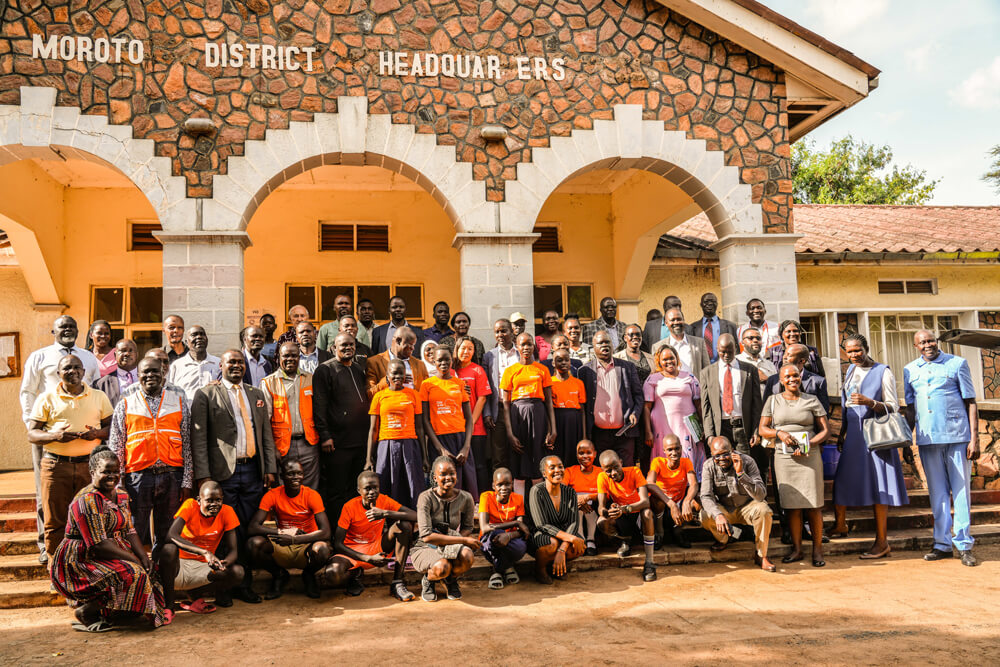
2. Local Leadership: The immediate recruitment and full funding of District Nutrition Officers across all districts, starting with Karamoja, is essential for effective local coordination and tailored interventions.
3. Climate Resilience: Strengthening affirmative irrigation programs in drought-prone regions like Karamoja is crucial for long-term food production stability amidst climate challenges.
4. Quality Control: Urgent reviews of school feeding guidelines are needed to incorporate nutritional expertise and ensure balanced meals. Formulating national standards and regulations for school food quality, including regulating cafeteria offerings, is vital to protecting children from poor diets. Policies ensuring schools procure food only from accredited suppliers are also critical.
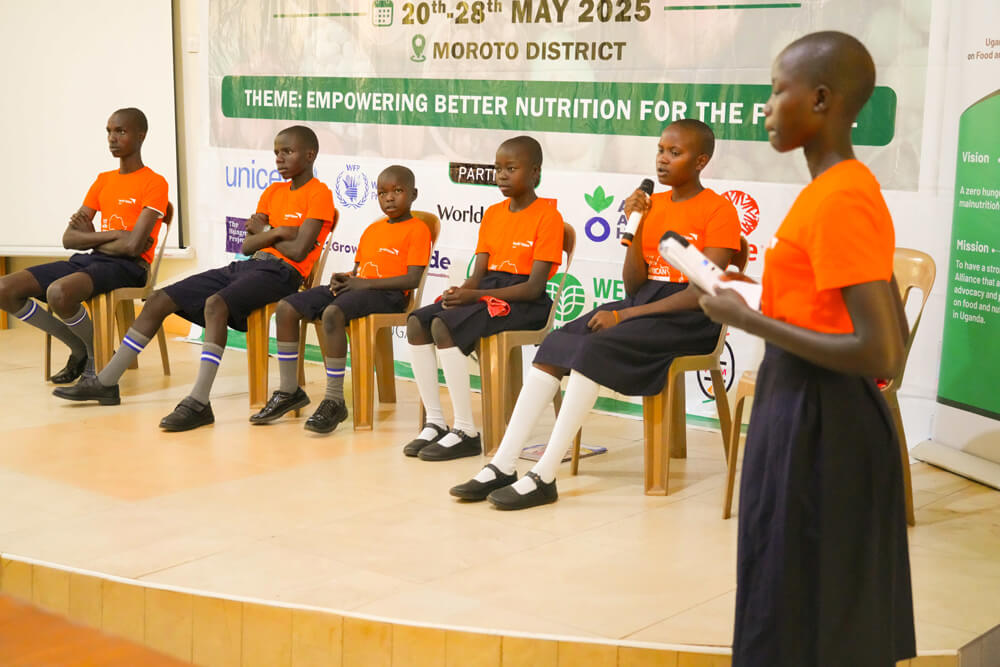
Civil society and development partners stand ready to support the government in finalising and implementing these vital policies. “A coordinated, sustained approach is the only path forward,” Khaukha emphasised. “Investments in food systems, school feeding, and community nutrition are investments in empowering communities and building a healthier future for all Ugandans.”
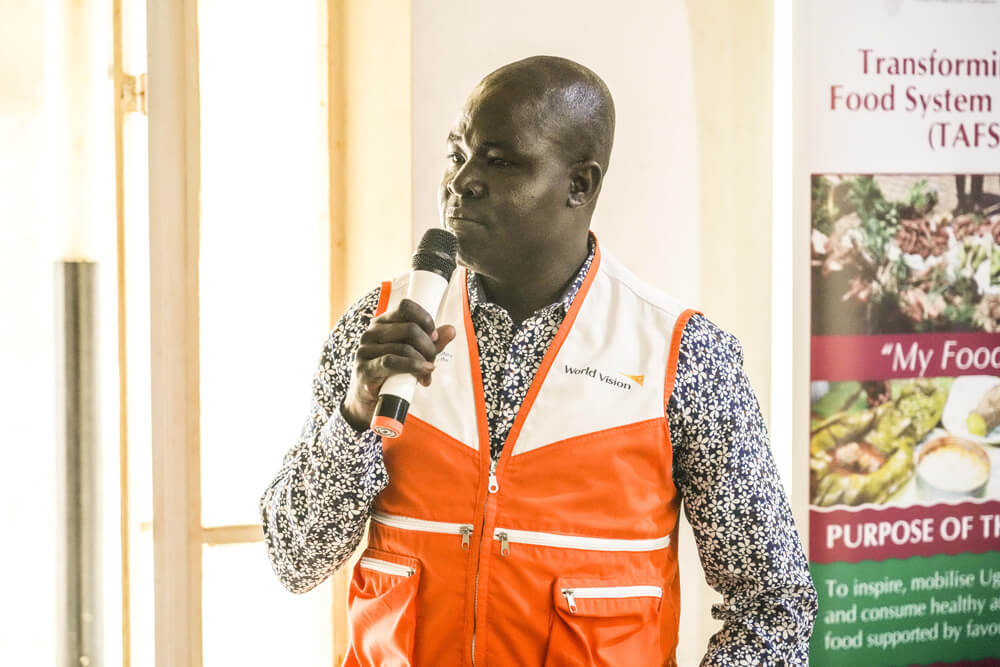
World Vision Uganda reiterated its commitment to collaborative action with the government and stakeholders. “Our shared goal remains clear,” the organisation stated, “a future where every Ugandan child has access to nutritious food, enabling them to thrive and contribute meaningfully to the nation’s development.” The escalating malnutrition figures in Karamoja serve as a pressing reminder that time is of the essence.
Ugandans Should Not Have to Choose Between Surgery and Poverty
For too long, the story of surgery in Uganda has carried an unavoidable fear: the fear tha…
Now On Air – 88.2 Sanyu Fm
Get Hooked Right Here
DON'T MISS!!!
Masaka Court sets Date to Rule on Kalungu East Vote Recount Application
The Masaka Chief Magistrate’s Court has set January 27, 2026, as the date for delivering a ruling on an application for a vote recount filed by former Minister for Defence Vincent Bamulangaki Ssempijja in the Kalungu East parliamentary elections.

